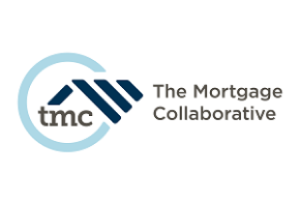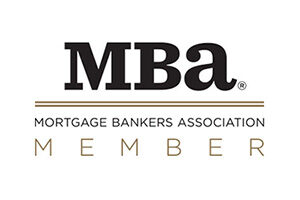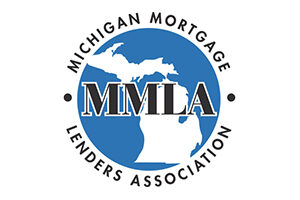At Vice Capital Markets, our hedging philosophy and process is both conservative and analytical. Using your own historical data, we determine the expected fallout levels for each type of mortgage product in your pipeline. Using this information along with the size and characteristics of your current closed inventory available for sale, we then determine the ideal hedge.
Click on a question link below for more information:
To manage the interest rate risk (i.e., hedge) on your portfolio of closed loans and locked applications in process, we use a daily download of your loans and applications in process. Loans are segregated by product type and applicable coupon and marked to market.
On one side of the position report is the long position, what you own (closed loans) and what you expect to own (a percentage of locked applications you expect to close). On the other side, the short position, which are the forward trades (hedges) in place to minimize interest rate risk. Within the position report is a mark-to-market of all closed loans, locked applications, and all trades/hedges. All results are shown, both in dollars and basis points, and added together to show the aggregate value of the mortgage loan pipeline. As an additional feature, the position report contains a shock analysis, which shows how your financial results are expected to change for any given price change in the market.
As prices rise, the value of your loans increases. This is offset by a corresponding decrease in the value of your hedges. The converse is also true, when prices fall, the value of your loans decreases, which is offset by an equal increase in the value of your hedges. Our analysis and reporting takes into consideration these movements and hedges your position accordingly. A position that is well-hedged should show very little change in profits as the market moves, while a position that is poorly hedged, or not hedged at all, would show windfall profits if the market rallies and large losses as market prices decline.
Hedging interest rate risk through the forward sale of mortgage-backed securities is the most effective and efficient way to protect the profits generated by the production of mortgage loans. The vast majority of medium and large mortgage-banking firms and banks that originate mortgage loans employ these techniques. At Vice Capital Markets, Inc., our approach maximizes the revenue generated by the production of your mortgage pipeline, while minimizing the risk that comes with an ever-changing market. From the retention of servicing rights through sales to the agencies to maximizing revenue on the sales of servicing to investors, our process provides the flexibility and comfort to achieve your objectives.
If you have any additional questions about our methodology or would like further information, please contact us.



